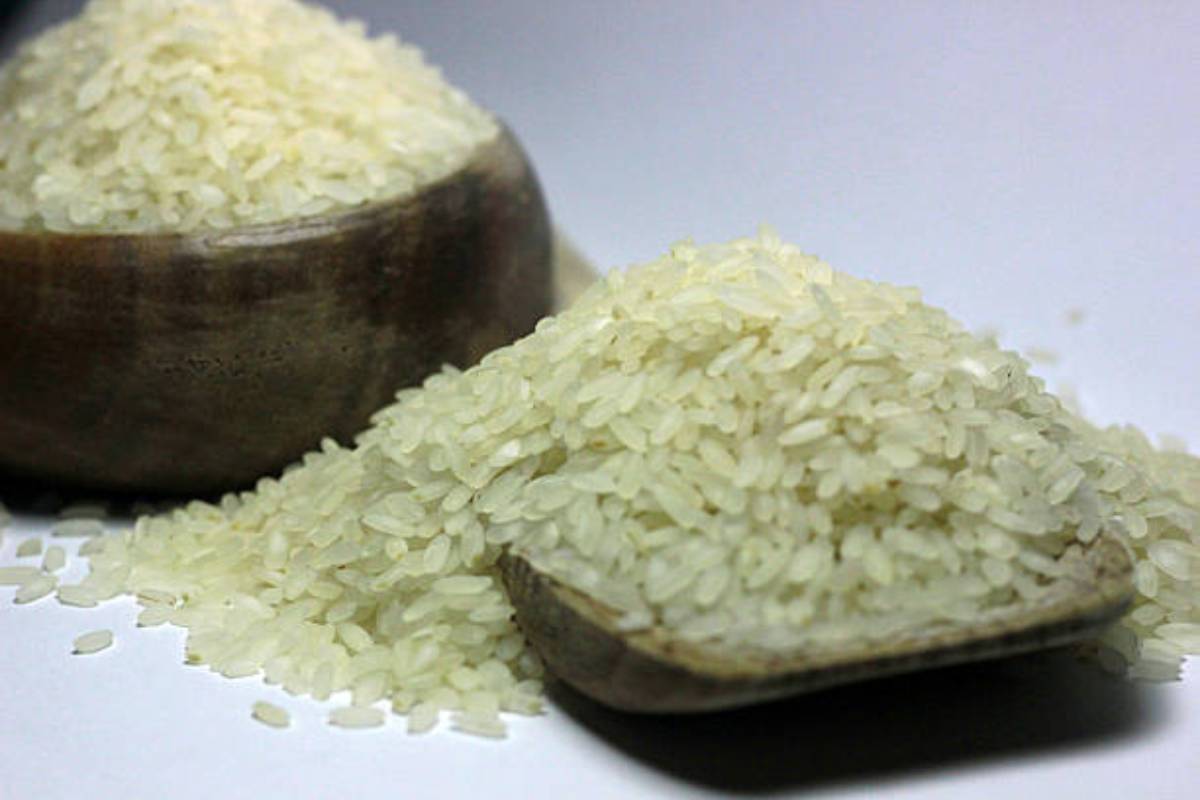In order to ensure adequate availability of non-basmati white rice in the Indian market and to allay the rise in prices in the domestic market, the Centre has amended the Export Policy of this variety from ‘Free with export duty of 20 per cent’ to ‘Prohibited’ with immediate effect.
The domestic prices of Rice are on an increase. The retail prices have increased by 11.5 per cent over a year and 3 per cent over the past month.
The 20 per cent export duty was imposed on on non-basmati white rice on 8 September 2022 to lower the prices as well as to ensure availability in the domestic market. However, the export of this variety increased from 33.66 LMT (Sept-March 2021-22) to 42.12 LMT (Sept-March 2022-23) even after imposition of 20 per cent export duty.
In the current FY 2023-24 (April-June), about 15.54 LMT of this variety of rice was exported against only 11.55 LMT during FY 2022-23 (April-June), i.e. an increase by 35 per cent. This sharp increase in exports can be ascribed to high international prices due to geo-political scenario, El Nino sentiments and extreme climatic conditions in other rice producing countries, etc.
Non-basmati white Rice constitutes about 25 per cent of total rice exported from the country. The prohibition on export of non-basmati white rice will lead to lowering of prices for the consumers in the country, an official release said.
However, there is no change in the export policy of non-basmati rice (parboiled rice) and basmati rice, which form the bulk of rice exports. This is expected to ensure that the farmers continue to get the benefit of remunerative prices in the international market.











